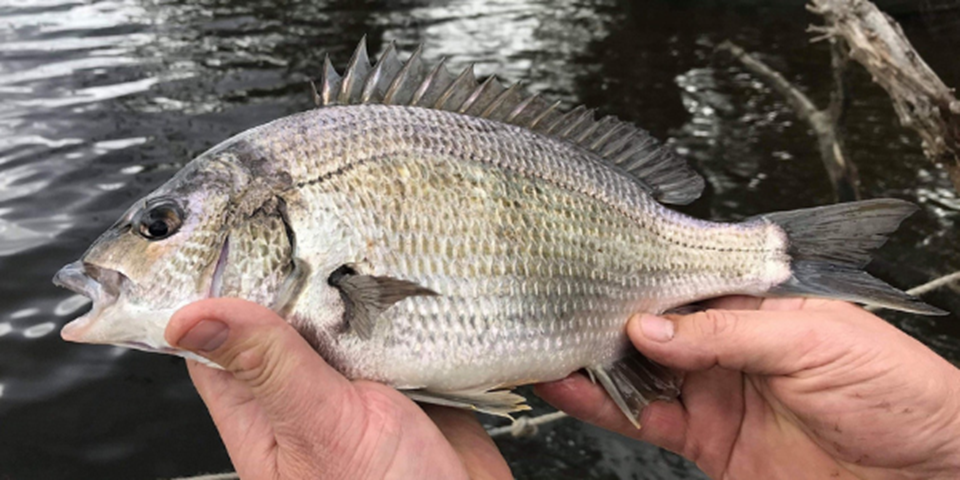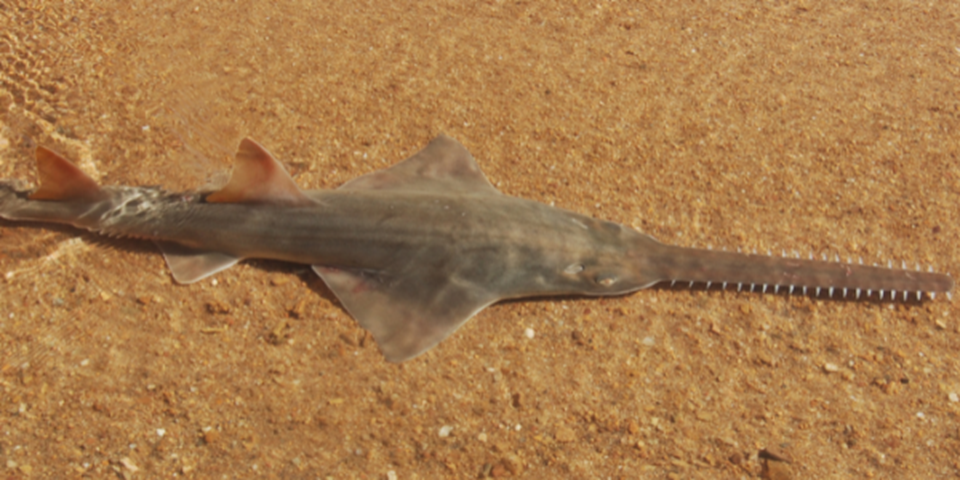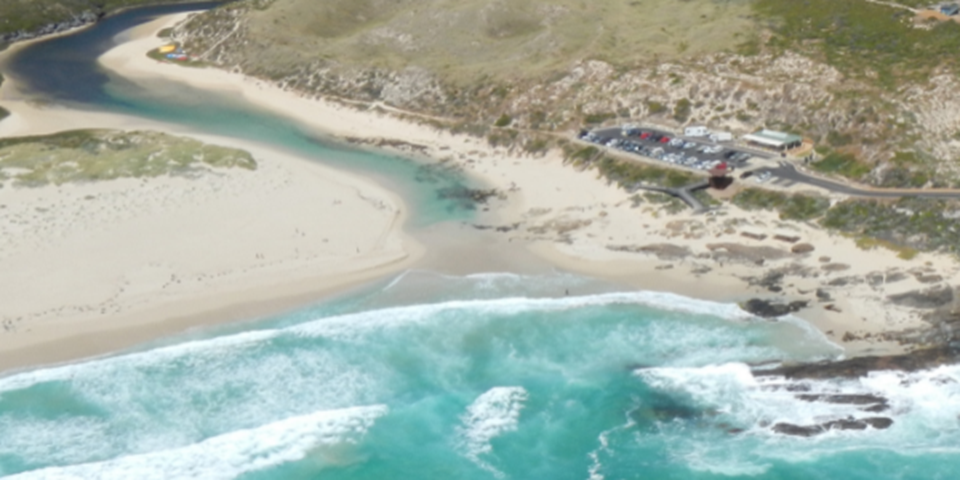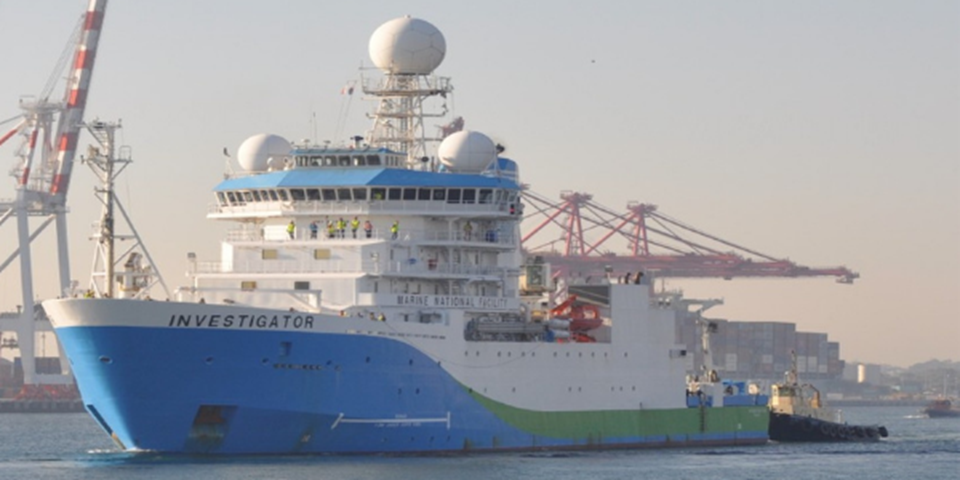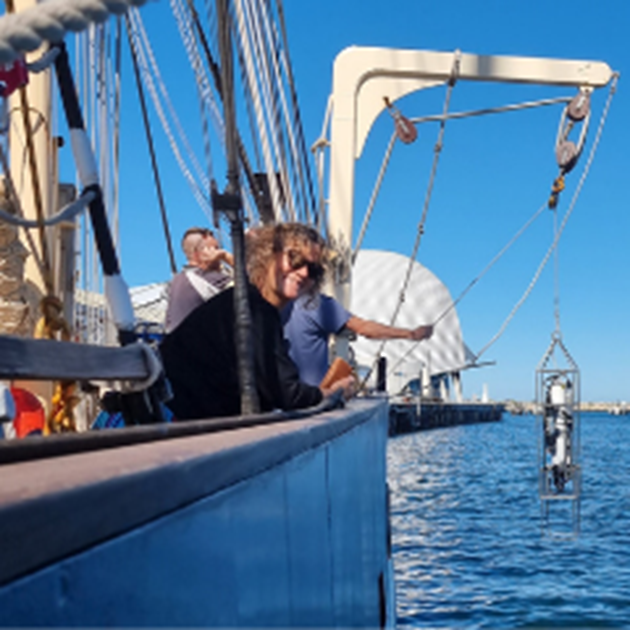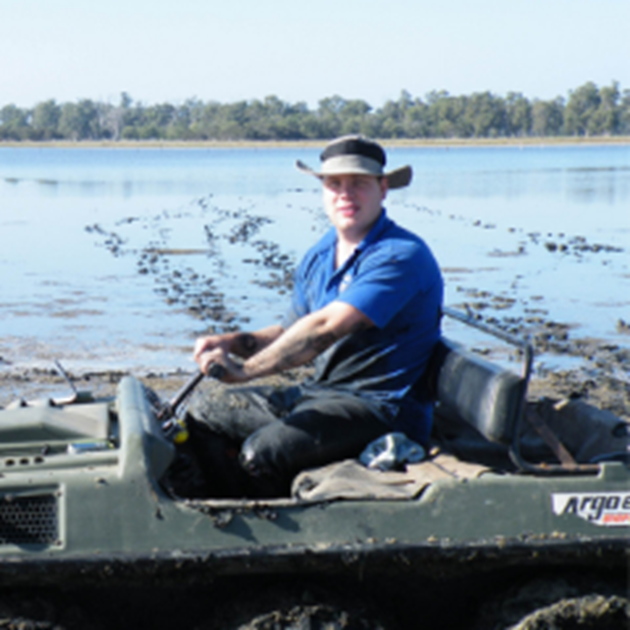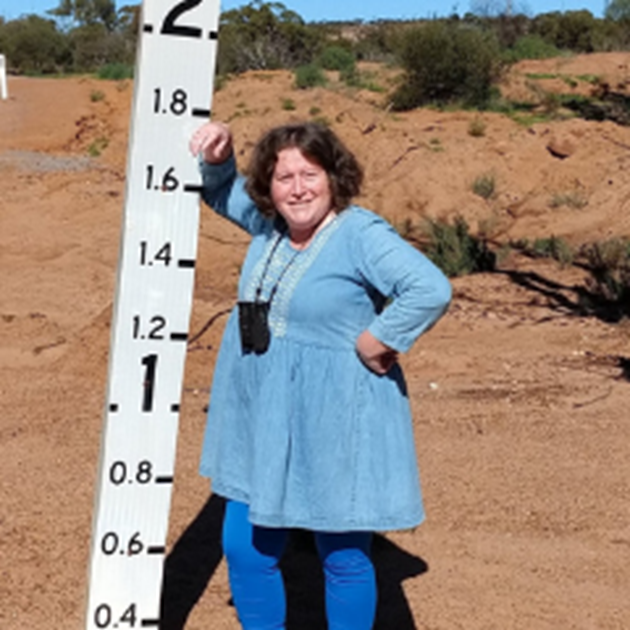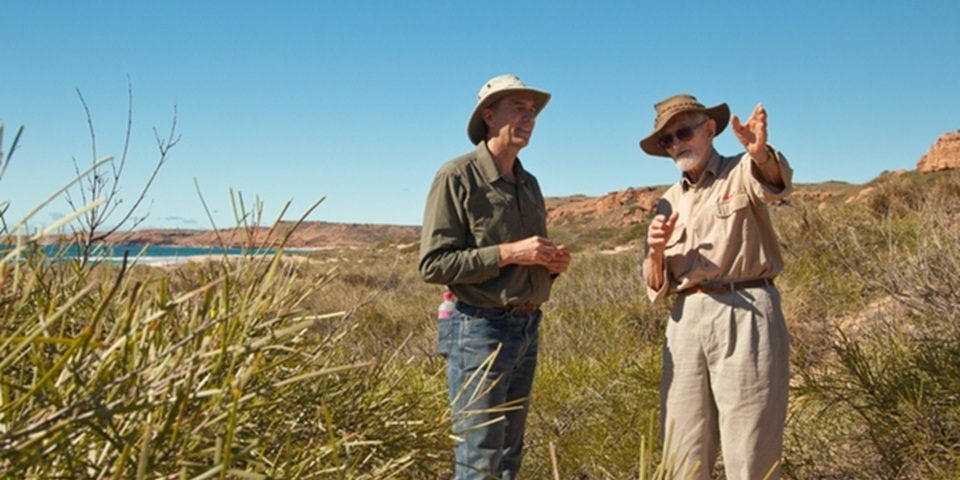About the centre
Our vision is for healthy, biodiverse and productive aquatic ecosystems supporting vibrant societies in Australia and the Indo-Pacific region.
Our mission is to provide, through discovery and innovation, adaptive and lasting solutions for protecting the health of aquatic ecosystems that underpin our economy and society.
Healthy freshwater, estuarine and marine ecosystems underpin economic development and provide social and recreational values for communities in Australia and throughout the world.
Centre Director: Professor Alan Lymbery

